China communists falling short
Chinese President Hu Jintao has said in a speech that the Communist Party he leads has fallen short of the people's expectations.
Monday, 15.10.2007.
09:41

Chinese President Hu Jintao has said in a speech that the Communist Party he leads has fallen short of the people's expectations. Speaking at the start of the party's 17th congress, he also lashed out at officials who were extravagant, wasteful and corrupt. China communists falling short President Hu's criticism came as he assessed the party's recent performance in front of senior leaders. The week-long gathering is held every five years to decide future policies. Heads bowed "While recognising our achievements, we must be well aware that they still fall short of the expectations of the people," said President Hu. Some of the problems faced by ordinary people relate to employment, housing, social security and education, he said. He was particularly critical of party leaders who used their position to provide for themselves, a theme President Hu has often spoken about. "A small number of party cadres are not honest and upright," he told more than 2,200 delegates. "[Their] extravagance, waste, corruption and other undesirable behaviour are still serious problems with them," he said. The congress officially started when the country's top leaders filed out on to the podium in Peking's Great Hall of the People, which was bedecked in red flags. In an indication of how much sway former President Jiang Zemin still holds, he emerged immediately after President Hu and sat next to him on the podium. Next to appear were the members of the current politburo standing committee, the inner sanctum of Chinese power. Some of these men will be staying on with Hu Jintao for the next five years, while others will be retiring. Mr Hu may use this congress to nominate a possible successor to take over from him in 2012 - and everybody's eyes are currently focused on Li Keqiang, a regional party chief in his early fifties who was in the fourth row of the line-up on the podium. A military band than played the national anthem before party leaders bowed their heads to remember the party's founding fathers. To polite applause and with a hammer and sickle symbol behind him, President Hu then began his speech. As well as criticizing the party's performance over the previous few years, he also laid out its future plans. One of the main goals is to build a "moderately prosperous society" by 2020. Short on specifics Later on Mr Hu defined that task as quadrupling the country's year 2000 per capita gross domestic product by 2020. Mr Hu also had a warning for Taiwan, a self-governing island that Peking considers part of China. The two sides split in 1949. He said the forces of "Taiwan independence" were stepping up their efforts to separate the island from China. "[We] will never allow anyone to separate Taiwan from the motherland in any name or by any means," he warned. Mr Hu's speech was typical of those delivered by senior Chinese officials at these well-orchestrated gatherings. It was laced with well-worn official phrases such as "socialism with Chinese characteristics". It was long, but short on specifics. For example, Mr Hu promised to "expand socialist democracy" but did not explain exactly what that meant. On Sunday, Li Dongsheng, the spokesman for the 17th congress, said China would never adopted Western-style democracy. But one thing appears clear. President Hu has cemented his position at the top of the party hierarchy. His personal contribution to party theory - scientific development - was placed on a par with contributions from other top leaders. In the speech it ranked alongside Mao Zedong Thought, Deng Xiaoping Theory and ex-President Jiang's Three Represents. Little is known about Hu Jintao beyond the brief, official biography. But in his closing remarks, he perhaps revealed something of the man he hopes the public see him as. "We must guard against arrogance and rashness, preserve plain living and struggle hard," he said.
China communists falling short
President Hu's criticism came as he assessed the party's recent performance in front of senior leaders.The week-long gathering is held every five years to decide future policies.
Heads bowed
"While recognising our achievements, we must be well aware that they still fall short of the expectations of the people," said President Hu.Some of the problems faced by ordinary people relate to employment, housing, social security and education, he said.
He was particularly critical of party leaders who used their position to provide for themselves, a theme President Hu has often spoken about.
"A small number of party cadres are not honest and upright," he told more than 2,200 delegates.
"[Their] extravagance, waste, corruption and other undesirable behaviour are still serious problems with them," he said.
The congress officially started when the country's top leaders filed out on to the podium in Peking's Great Hall of the People, which was bedecked in red flags.
In an indication of how much sway former President Jiang Zemin still holds, he emerged immediately after President Hu and sat next to him on the podium.
Next to appear were the members of the current politburo standing committee, the inner sanctum of Chinese power.
Some of these men will be staying on with Hu Jintao for the next five years, while others will be retiring.
Mr Hu may use this congress to nominate a possible successor to take over from him in 2012 - and everybody's eyes are currently focused on Li Keqiang, a regional party chief in his early fifties who was in the fourth row of the line-up on the podium.
A military band than played the national anthem before party leaders bowed their heads to remember the party's founding fathers.
To polite applause and with a hammer and sickle symbol behind him, President Hu then began his speech.
As well as criticizing the party's performance over the previous few years, he also laid out its future plans.
One of the main goals is to build a "moderately prosperous society" by 2020.
Short on specifics
Later on Mr Hu defined that task as quadrupling the country's year 2000 per capita gross domestic product by 2020.Mr Hu also had a warning for Taiwan, a self-governing island that Peking considers part of China. The two sides split in 1949.
He said the forces of "Taiwan independence" were stepping up their efforts to separate the island from China.
"[We] will never allow anyone to separate Taiwan from the motherland in any name or by any means," he warned.
Mr Hu's speech was typical of those delivered by senior Chinese officials at these well-orchestrated gatherings.
It was laced with well-worn official phrases such as "socialism with Chinese characteristics".
It was long, but short on specifics.
For example, Mr Hu promised to "expand socialist democracy" but did not explain exactly what that meant.
On Sunday, Li Dongsheng, the spokesman for the 17th congress, said China would never adopted Western-style democracy.
But one thing appears clear. President Hu has cemented his position at the top of the party hierarchy.
His personal contribution to party theory - scientific development - was placed on a par with contributions from other top leaders.
In the speech it ranked alongside Mao Zedong Thought, Deng Xiaoping Theory and ex-President Jiang's Three Represents.
Little is known about Hu Jintao beyond the brief, official biography.
But in his closing remarks, he perhaps revealed something of the man he hopes the public see him as.
"We must guard against arrogance and rashness, preserve plain living and struggle hard," he said.




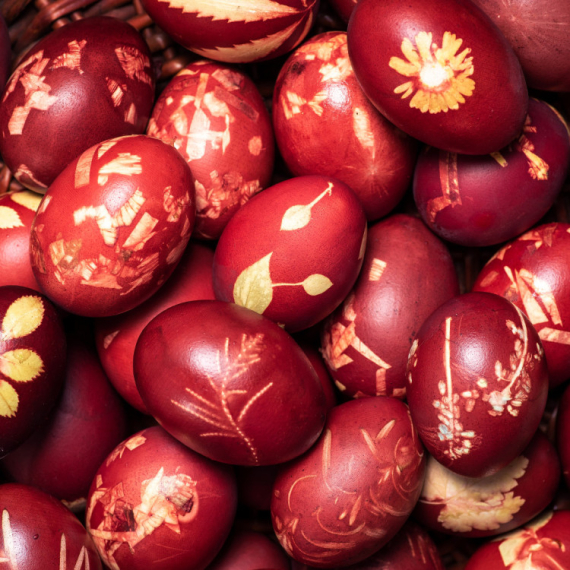

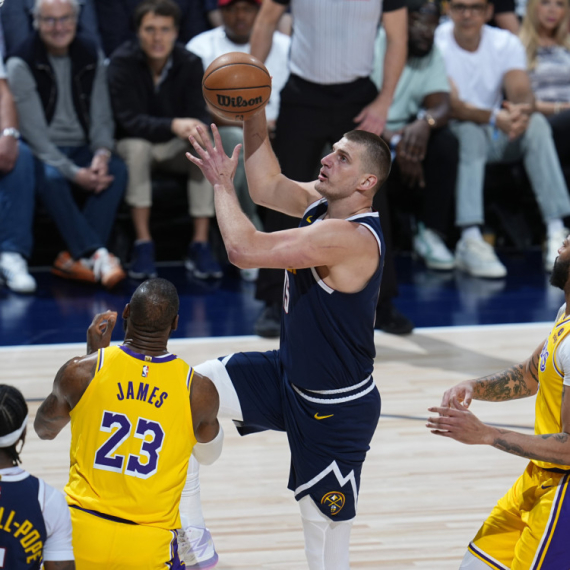



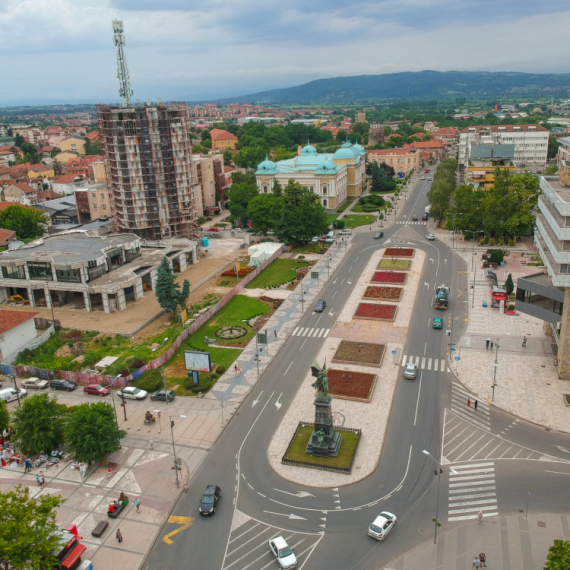
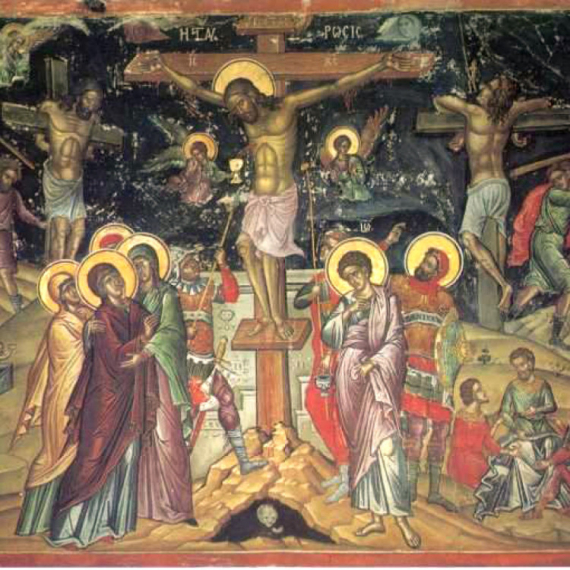


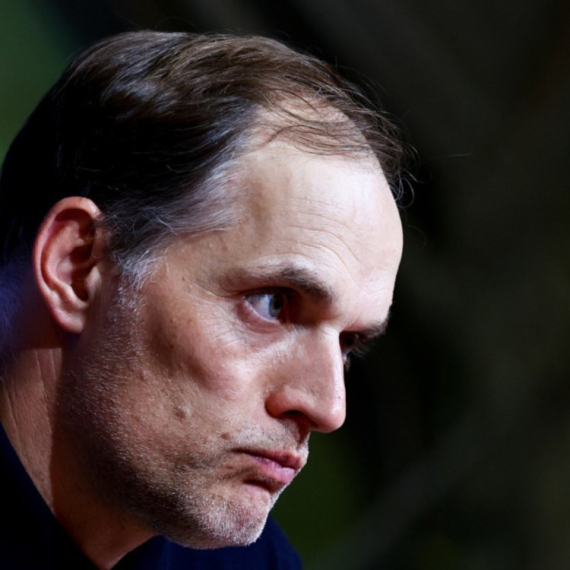

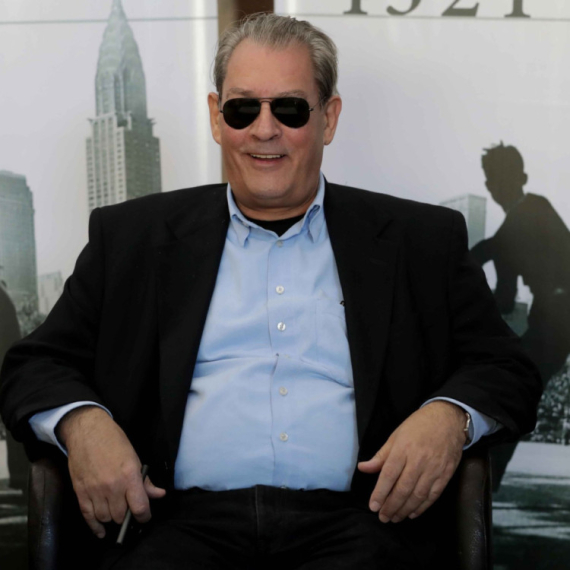
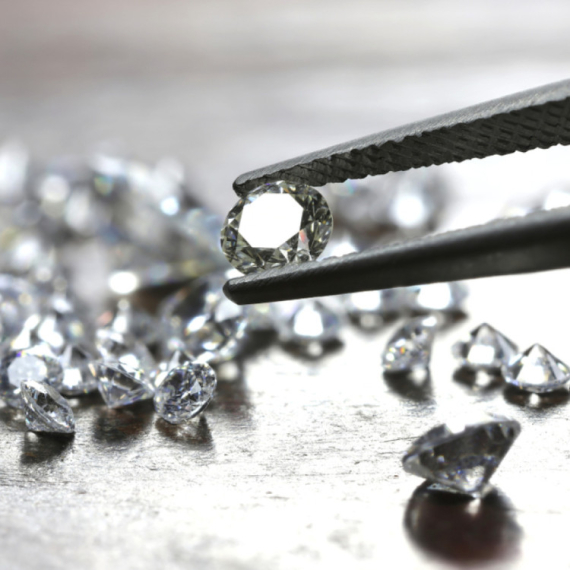

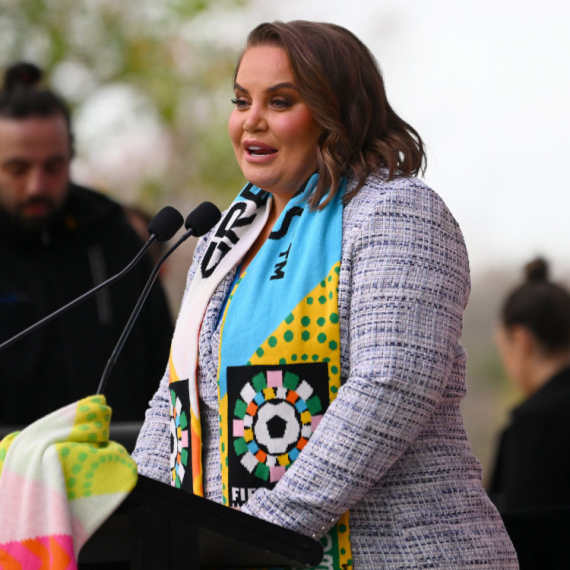


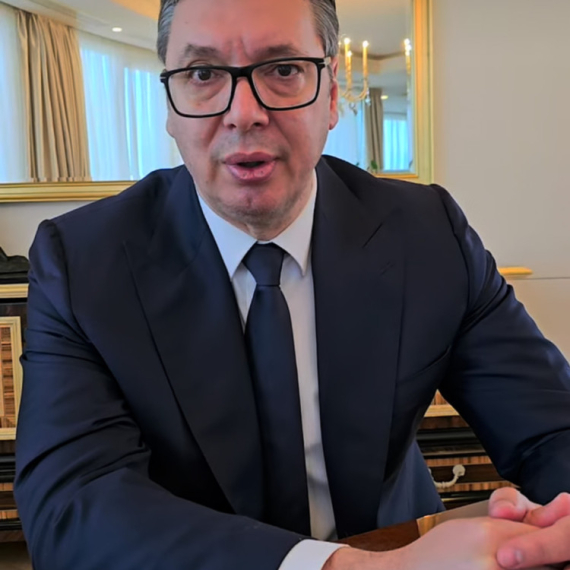
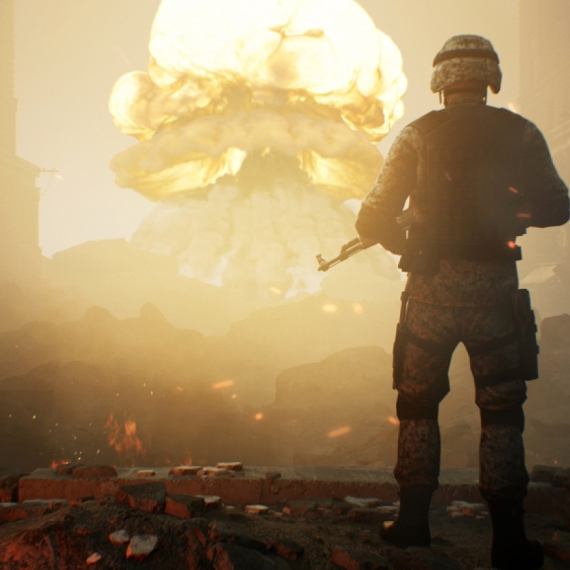
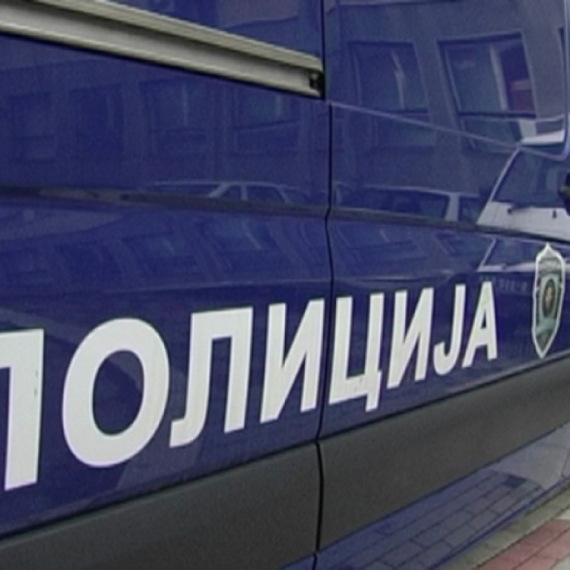
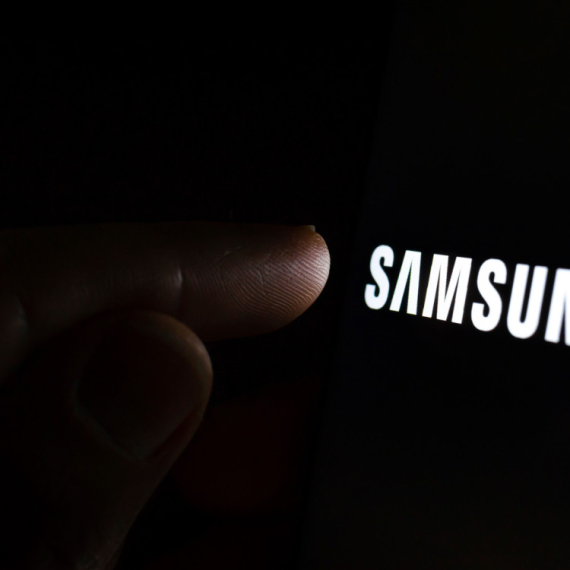
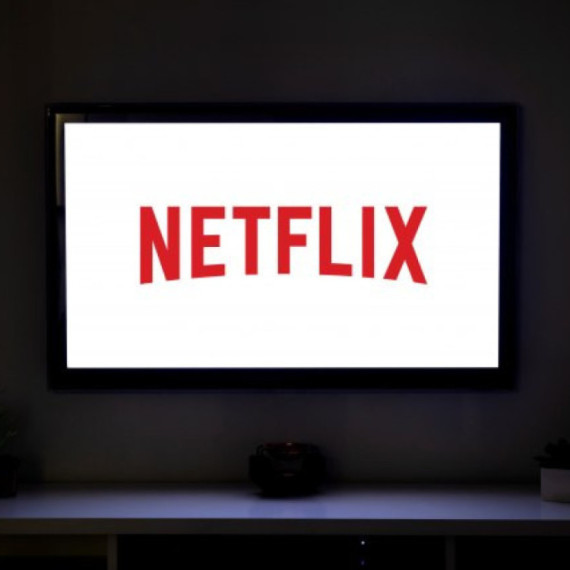

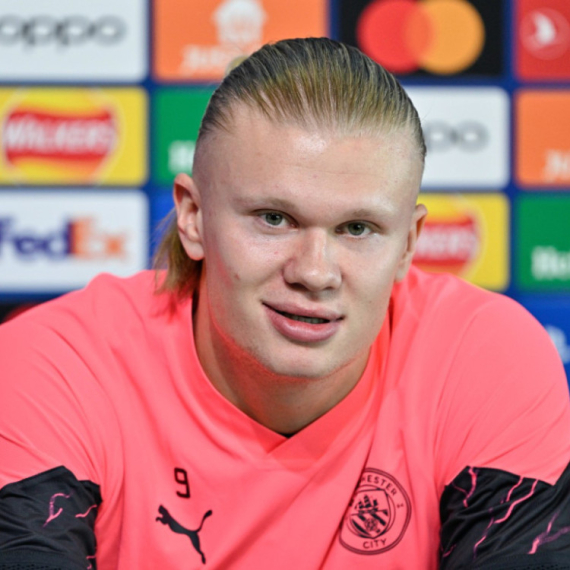

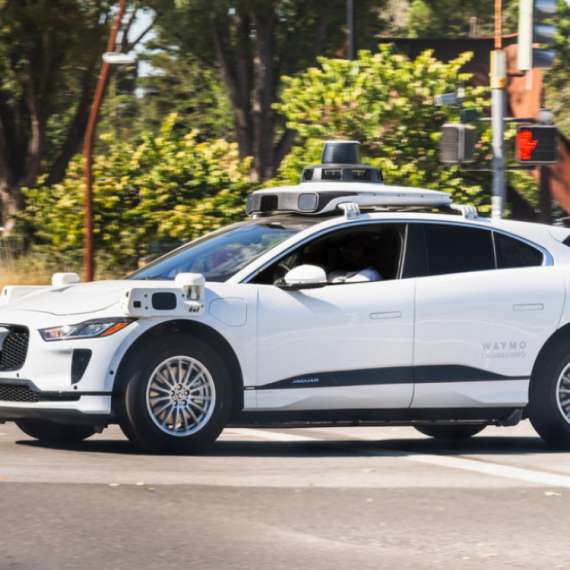



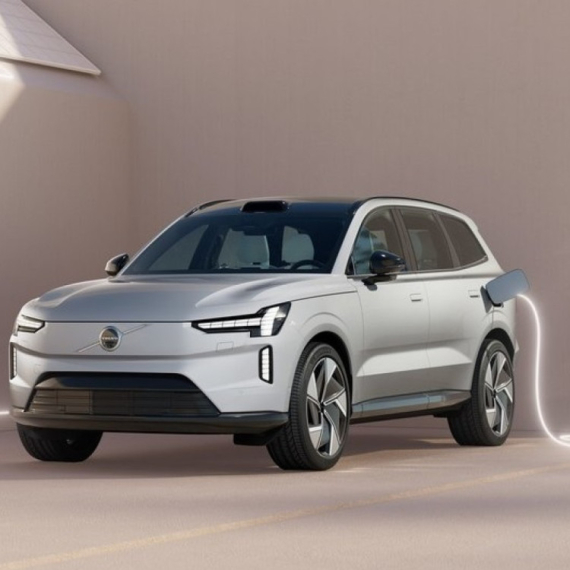
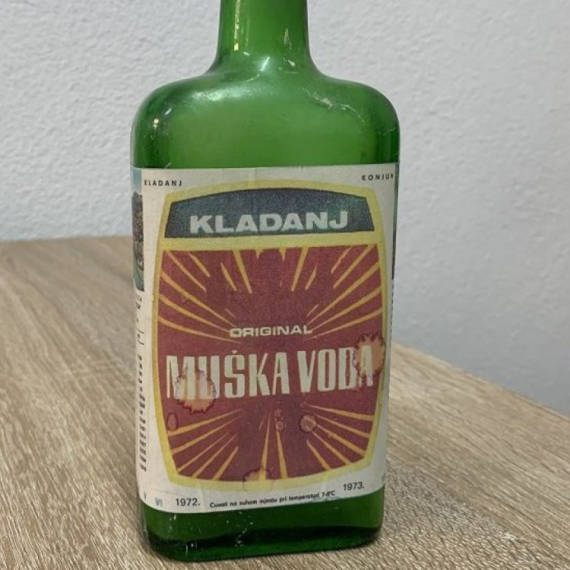

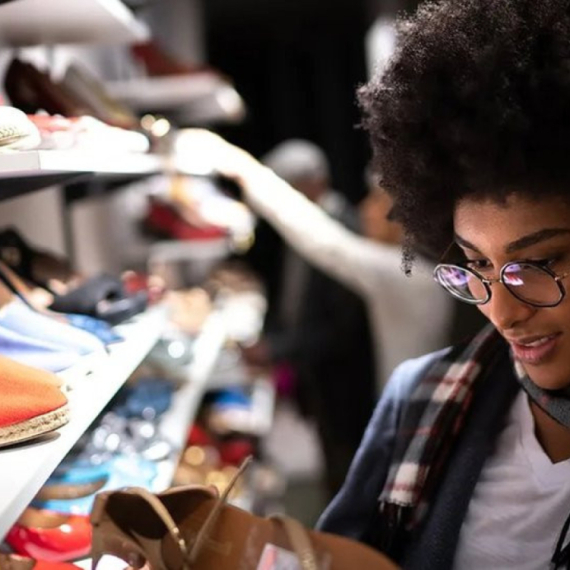
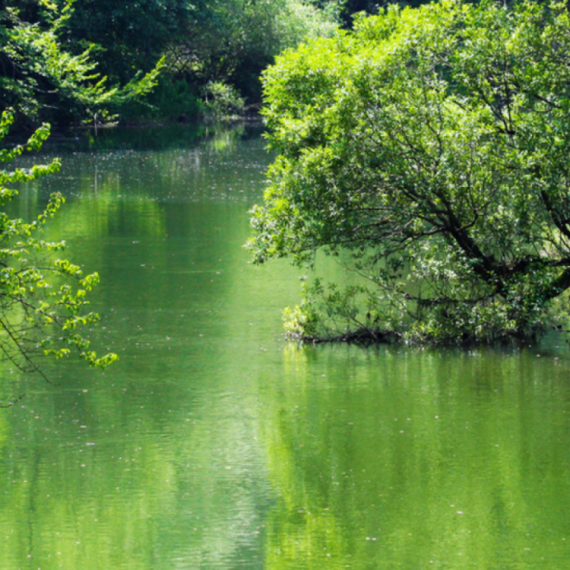
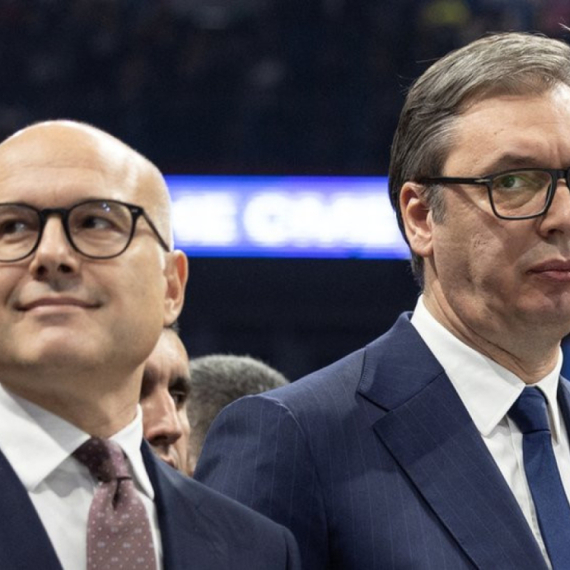

Komentari 0